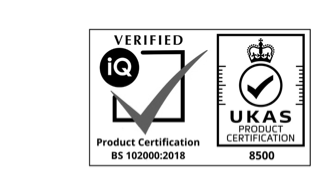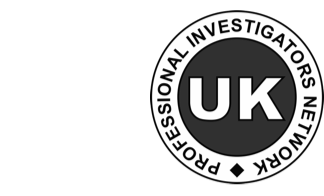In the realm of private investigations, the pursuit of truth often requires a delicate balance between evidence and ethics. As a private investigator, I’ve encountered numerous cases that compel us to weigh the strength of evidence against the costs, whether they involve the welfare of individuals, animals, or someone’s privacy. This article provides a glimpse into some of the complex decisions private detectives face and how they navigate this intricate path.
Planning Investigations: Striking the Right Balance
Private investigators are tasked with unravelling complex scenarios while adhering to ethical and legal boundaries. Before commencing any investigation, it’s imperative to determine the justifiability and proportionality of the plan, considering the potential intrusion into an individual’s privacy. Private investigators conduct a Data Protection Impact Assessment (DPIA) to determine the least intrusive investigative approach to obtain the evidence required.
The DPIA is a systematic process that evaluates and mitigates data protection and privacy risks in investigations, ensuring compliance with ethical and legal standards. The assessment takes into account the nature of the allegations, the significance of the evidence sought, and its impact on the subject under investigation. This process ensures that investigators respect privacy while seeking the truth.
Case One: Balancing Child Safety and Credible Evidence
In one case, a concerned client engaged us to ascertain whether her ex-partner was driving under the influence while having custody of their child. With a history of alcohol abuse, this was the first time he had unsupervised contact with their child. During our surveillance, we observed him consuming three pints of beer with a meal and then getting behind the wheel with his child. We reported this to local authorities, but they did not attend the scene, allowing him to continue driving. Although the alcohol consumption might have put him over the legal limit, the risk was evident, given the presence of a young child.
The court order strictly prohibited the father from consuming alcohol while having custody of their child, providing evidence of a breach. However, we grappled with the decision of whether to conduct further surveillance as without the presence of a breathalyser it would be difficult to prove he was over the legal limit. Our legal counsel posed a crucial question: How would you feel allowing him to continue driving with your child in the car if he had an accident? We understood that a second occurrence would strengthen the case, but we opted to present the existing evidence, prioritising child safety over further evidence gathering.
Case Two: Balancing Animal Welfare and the Chance of a Conviction
In another case, we were investigating a dubious dog trainer who had lost a dog under suspicious circumstances. We suspected that he might be keeping the dog at another location. During our investigation, we observed the trainer leaving a dog in the rear of his vehicle upon returning home. Although the vehicle had proper ventilation and cages suitable for transportation, it was the hottest day of the year. This meant the dog was confined in a dark space for an extended period. Hours passed, and the trainer showed no intention of returning. The dog was at risk of being locked in the van overnight.
We attempted to contact the RSPCA, but they were closed for the weekend. We then decided to call the non-emergency police number to report animal neglect. The situation might not have resulted in an arrest or significant consequences for the trainer but we couldn’t run the risk of the dog being locked in a small cage in a dark van overnight. Even if it risked alerting him that he was under surveillance.
However, our decision was clear: prioritise the welfare of the animal at all costs. Our intervention might have alerted the trainer and hindered further evidence gathering for a conviction, but the dog’s safety was paramount. The cost of delaying potential evidence gathering was outweighed by the moral obligation to protect the animal. The police arrived and confirmed that two large dogs were kept in small cages.
In the world of private investigations, we often find ourselves making challenging decisions that involve balancing the strength of evidence with the costs, which may encompass the wellbeing of individuals, animals, or someone’s privacy. Objectives for evidence gathering aren’t always the top priority. It’s about striking a delicate equilibrium where ethical responsibilities and the greater good come into play.
Navigating the world of private investigations demands a delicate equilibrium between evidence and ethics. These real-life cases exemplify the tough decisions investigators face. If you require assistance, please contact us on 01902 213 650 or email us at info@revealpi.com to find out more.

 Surveillance
Surveillance Matrimonial Investigations
Matrimonial Investigations Bug Sweeping
Bug Sweeping GPS Vehicle Tracking
GPS Vehicle Tracking Lie Detector Test
Lie Detector Test Person Tracing
Person Tracing Employee Investigations
Employee Investigations Asset Tracing
Asset Tracing Fraud Investigations
Fraud Investigations Injury & Insurance Investigations
Injury & Insurance Investigations







